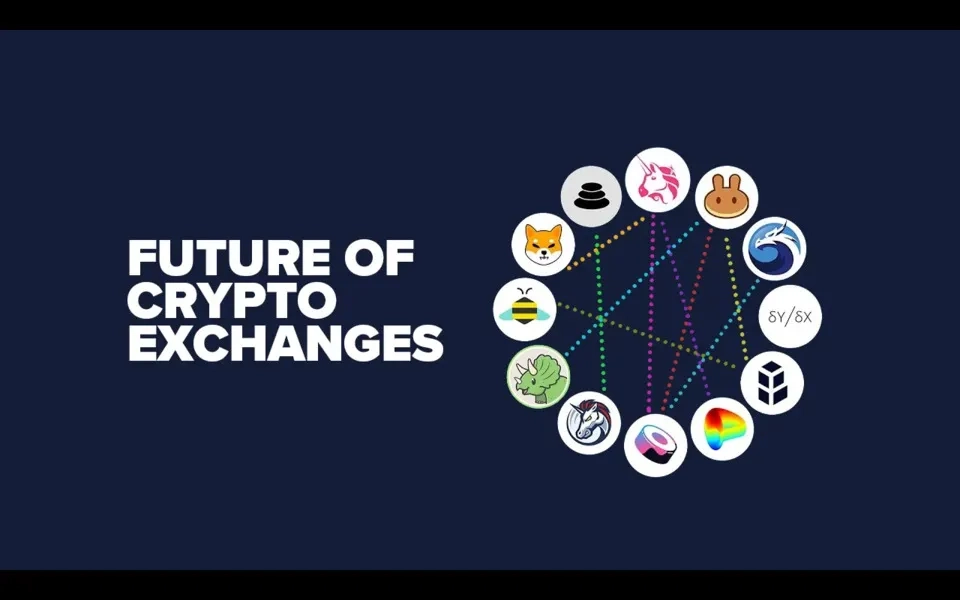United Nations has designated 2025 as the International Year of Quantum Science and Technology. As India nears the completion of its first small-scale quantum computer at the Tata Institute of Fundamental Research (TIFR) in Mumbai, as a part of India’s National Quantum Mission which aims to develop a 24-qubit computer in three years and a 100-qubit system in the next five years, the country is set to emerge as a global frontrunner in Quantum Technology. In this context, it’s crucial to visualize how the role of different stakeholders in the ecosystem is shaping, especially the start-ups. Indian tech start-ups are at the helm of things to ensure India can compete amidst the global developments in quantum and can craft its own space.
Quantum Funding: Public Investments Fuel Quantum Technology
Countries are racing to invest more and more in Quantum Technology to shape the future of not just computing, but jobs, national security, and economic growth. In this context, the spotlight is on the global tech start-up community given a strong flow of public funding announced by governments globally. The private and corporate funding for Quantum Technology start-ups has slowed from the previous years. Amidst the focus on AI, the VC deal volumes, and new start-ups being created in Quantum Technology have slumped in 2023.

Figure – 1: Public vs Private Start-up Investments in Quantum Technology
Note: Includes VC funds, hedge funds, corporates, angel investors, accelerators, government, state, and public institutions.
However, public funding has seen a major boost both at a start-up level, and overall. It reached a total of $42 billion investment announced over the next ten years, a jump of over 26% YoY. (McKinsey). In 2023 alone, global public investment amounting to $10 billion was seen in Quantum Technology.
The race to quantum dominance is getting tighter. The narrative is shifting from experimental demonstration of a quantum algorithm solving a problem on a supercomputer regardless of its usefulness to achieving experimental gains through hybrid quantum-classical algorithms solving useful, and real-world problems, for example, problems stemming from physics, chemistry, or economics. With this, the focus is shifting from increasing qubits to quantum error mitigation and fault tolerance; and easy use case development to advanced use case and application-specific development to building commercial advantage.
From Quantum Supremacy to Quantum Advantage: Growing Role of Governments
Before getting into the specifics of public investments, it is important to understand the segmentations given the Quantum Technology landscape is vast. The Quantum Technology can be broken down into four key domains:

Figure – 2: Key Domains of Quantum Technology
More than 20 countries including the US, the UK, Germany, and India have codified national quantum strategies since 2018. Below is a quick snapshot of key initiatives and investments in Quantum Technology globally, and perceived domain strength of each country:
|
Country
|
Government Quantum Technology Initiatives
|
Key Highlights
|
Strength
|
|
China
|
In the 13th Five-Year Plan (2016), China launched QUESS (Quantum Experiments at Space Scale) project aimed at securing breakthroughs in quantum communications and computing by 2030.
Planning to launch new quantum satellites into low Earth orbit by 2025.
|
Highest total investment of ~15 billion in Quantum Technology globally with a focus on AI, security, and defence.
|
Quantum Communication
Built the world's first long-distance quantum-secured communication route, Beijing-Shanghai Backbone Network (BSBN), which is the longest quantum key distribution (QKD) network in the world and stretches over 1,200 miles using fibre-optic cables.
|
|
Germany
|
In 2018, the German Federal Government announced a Framework Programme to bring quantum technologies to market.
Positioning itself as a frontrunner in Europe with a goal of developing a universal quantum computer by 2026, with 100 qubits capability, and reach 500 qubits in the near term.
|
In 2023, Germany announced $3.3 billion action plan for quantum technologies to develop a universal quantum computer by 2026.
|
Photonic Quantum Computing
Developed the Europe’s largest sampling-based quantum computer, PaQS (Paderborn Quantum Sampler) with a funding of around 50 million euros, and leverages expertise of 13 science and industry partners.
|
|
UK
|
In 2023, UK outlined National Quantum Strategy, with a 10-year plan of investment in Quantum Technology, where it committed to publishing long-term quantum missions with key objectives below:
By 2035, there will be accessible, UK-based quantum computers capable of running 1 trillion operations
By 2035, the UK will have deployed the world’s most advanced quantum network at scale
|
In 2023, UK announced a plan to double current public investment with a 10-year goal to invest over $3 billion in quantum computing. It claims to be only the second to the US in terms of the number of quantum start-ups, and the scale of private investment into the technology.
With the new national quantum laboratory coming into existence, UK is targeting energy, and healthcare sectors, amongst others.
|
Quantum Communication
UK is building the foundation of a future ‘Quantum Internet’ that will have the ability to pool the computing power of multiple quantum computers from across the globe, leveraging the principles of large-scale quantum networks that are capable of distributing quantum entanglement.
|
|
US
|
In 2018, launched its National Quantum Initiative (NQI), which provides $1.2 billion over five years for Quantum Technology development. The initiatives was later enacted as a law to accelerate US leadership in Quantum Information Science (QIS).
|
With the NQI expired in 2023, National Quantum Initiative Reauthorization Act was passed that featured updates focused on moving beyond fundamental research to developing a workforce fluent in QIS and building a bridge toward commercialization.
|
Quantum Computing
PsiQuantum, an American quantum computing company based in Palo Alto, is adding to the strength of US by building a ‘useful’ quantum computer or a photonic quantum computer with high computing capability of 1,000,000 qubits with error correction
|
|
India
|
In 2023, India approved the National Quantum Mission aiming to seed, nurture and scale up scientific and industrial R&D and create an ecosystem in Quantum Technology with a mission to develop intermediate-scale quantum computers with 50-1000 physical qubits in 8 years.
|
In 2023, a total outlay of Rs.6003.65 crore from 2023-2024 to 2030-2031 was approved, aiming to seed, nurture and scale up scientific and industrial R&D and create a vibrant and innovative ecosystem in Quantum Technology.
|
Quantum Communication
India is aiming to have a country-wide free space quantum key distribution (QKD) network by using a satellite as a trusted node as well as a fibre-based QKD network, and ultimately leading the global quantum internet narrative.
|
Table – 1: Global government organizations increasing investments in Quantum Technology (List is not exhaustive). Source - Nasscom Insights
Conclusion
The private investments in Quantum Technology see a decline globally as evidenced by the VC investments in the technology witnessing a decline by 50% between 2022 and 2023, according to State of Quantum 2024 Report. However, public investments remain a focal point given nations worldwide prepare to realize the path towards achieving long-term goals in Quantum Technology shifting the narrative from Quantum Supremacy to Quantum Advantage to Quantum Utility. India, having launched its National Quantum Mission is progressing fast to fill the gap that exists with the western counterparts. With a vibrant tech start-up ecosystem aligned to Quantum Technology, India can change the game shifting focus from research and development to commercialization, and enterprise-grade quantum computing. In this context, a key priority for both the private sector and governments globally should be to take a step back, and understand the reshaping of quantum technology and start-up priorities, and where the technology will pivot in the next 3-5 years in terms of technological breakthroughs, global developments, solutioning, and commercialization.
Below are key themes in Quantum Technology set to disrupt the world of Quantum Technology. Watch out for part 2 of this blog series to get a deep dive of these trends, implications for governments, and the role of start-ups.



































